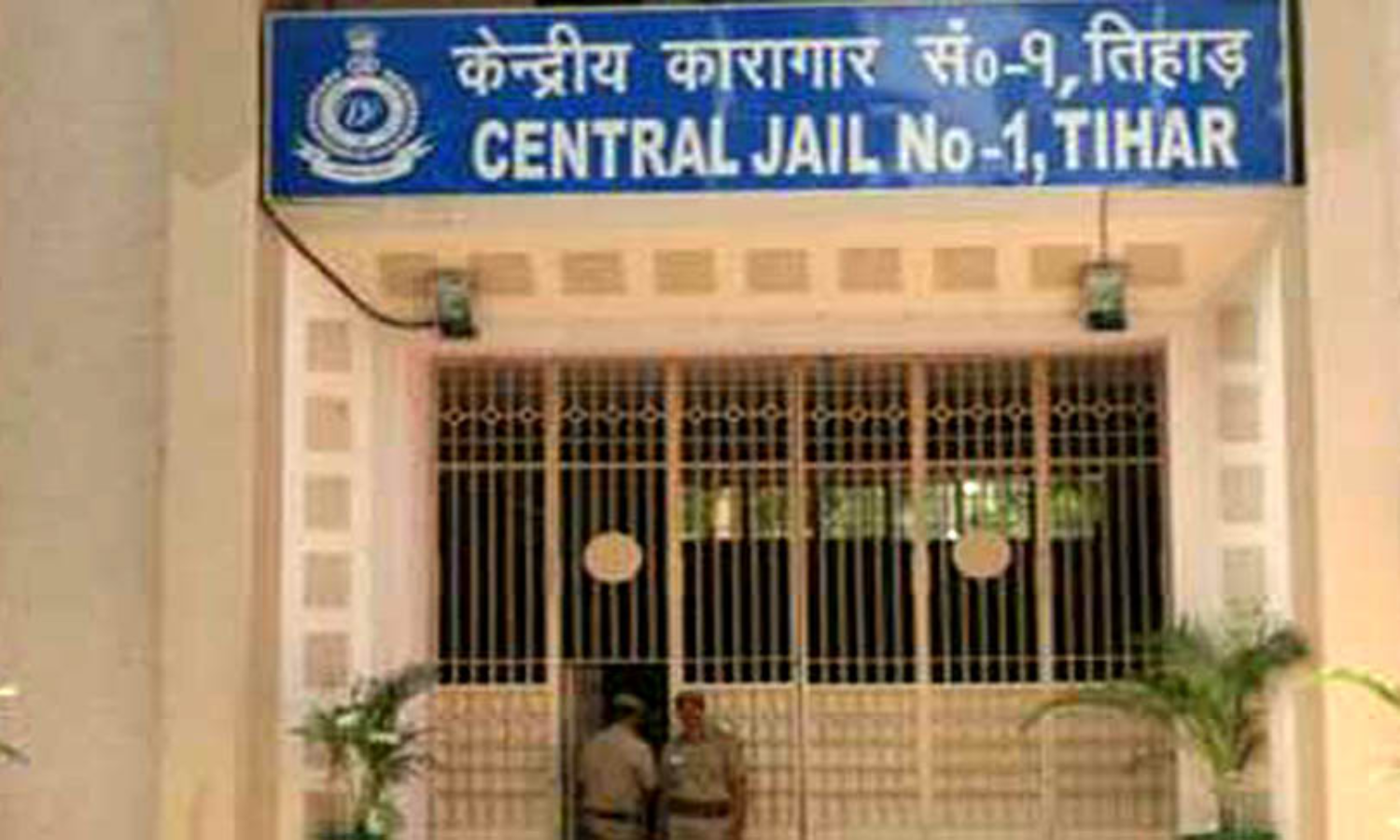The Delhi High Court has reiterated that incarceration does not strip prisoners of their fundamental human rights. Emphasising the need for a more humane approach, the Court called upon jail authorities to handle parole applications with greater sensitivity and understanding.
Justice Neena Bansal Krishna, while hearing a parole plea of a life convict who has served over 20 years in prison for rape and murder, observed that inmates must not be treated as “chattel” devoid of basic rights. The Court granted the petitioner four weeks of parole.
One of the grounds cited by the authorities in opposing parole was the petitioner’s previous suicide attempt in 2022. The Court, however, noted that such an incident pointed to serious mental health concerns, and instead of treating it as misconduct, it should have prompted efforts to maintain the convict’s social connections for his well-being.
“The suicide attempt should have rung the alarm bell that the convict needs to maintain social ties for his mental health. To treat the same as a crime and to issue a ‘warning’ reflects again the scant understanding of the Jail Administration regarding the plight of the petitioner,” Justice Krishna remarked.
She further stated that the convict’s prolonged incarceration does not negate his Right to Life. “Merely because he is confined to jail does not reduce his status to that of a chattel, bereft of any basic fundamental human rights,” the Court said, urging authorities to demonstrate more empathy in such cases.
The Court also criticised the authorities for relying on the convict’s delayed surrender after a previous parole—despite a prior judicial order (January 2024) having already addressed and accepted the explanation offered. The Court made it clear that once a judicial pronouncement has addressed a ground, it should not be used again to reject subsequent applications.
“It is hereby directed that while considering parole/furlough applications, the same ground should not be repeatedly reiterated for rejection. Once a judicial mind has been applied in any order regarding the validity of a ground for rejection, it must be adhered to scrupulously,” the Court directed.
In the present case, the petitioner sought parole for house repairs and to arrange financial support for his family. Dismissing this as a “generic” reason, jail authorities failed to make any effort to verify the claim, the Court observed. It emphasised that maintaining social ties is a core purpose of parole and such requests should be assessed with due care.
Additionally, the Court flagged the delay in processing the application. Despite being filed in November 2024, it was not acted upon until a writ petition compelled the authorities to respond—well beyond the mandated timeline.
“The most glaring aspect… is that despite an application being filed in November 2024, it does not get decided within the mandated one-month period but takes a writ petition and a court notice for the authorities to respond,” the Court noted.
The petitioner was ultimately granted parole for four weeks, subject to conditions including the furnishing of a ₹10,000 personal bond.
Advocates Mohd Sheikh Noor and Zeeshan Diwan represented the petitioner.
Additional Standing Counsel Rahul Tyagi, along with Advocates Mathew M Philip, Sangeet Sibou, and Aniket Kumar Singh, appeared for the State.



